Signs of the Times • 6 June 2019 • No. 194
¶ Processional. “Veni, Sancte Spiritus” (“Come, Holy Spirit”), Taizé.

Nature’s own “tongues of fire”? Every year for a week or so between late May and mid-June people from around the country (and, this year, as far away as Australia) flock to the Smoky Mountains National Park (near where I live) for a unique occurrence: The annual appearance of synchronous fireflies (Photinus carolinus, aka lightning bugs), the only species in the US whose individuals can synchronize their flashing light patterns, part of their mating display. For more (including other photos and a brief video) see “Ryan Wilusz, “Smokey Mountains synchronous fireflies left us nearly speechless,” Knox News
Preface
Pentecost Sunday is far and away my favorite moment on the church’s liturgical calendar.
It wasn’t always so. . . .
Pentecost, T.S. Eliot wrote in his poem, “Little Gidding,” written after he survived the German bombing of London in 1941-42, occasions a fateful choice:
“The only hope, or else despair / Lies in the choice of pyre . . . / To be redeemed from fire by fire.” Namely, to be refined by Pentecost’s blaze or consumed by the conflagration of war. —continue reading “T.S. Eliot’s Pentecostal agenda: Refined by Pentecost’s blaze or consumed war’s conflagration”

¶ Invocation. “Quit your prayers for quick answers, for quick garden growth, quick flight across the country, quick salvation, and even quick death. Prayers for quick are what got us here. Today, pray only for breath, for in and out, for a chance to join these ancient openings and closings that move at no speed but their own.” — Kateri Boucher, Radical Discipleship
¶ Call to worship. “When Pentecostal power erupts, all heaven’s gonna’ break loose. The boundaries will be compromised; barriers will be broken; and borders will be breached. Economies of privilege will be fractured, and the politics of enmity will be impeached. The revenge of the Beloved is the reversal of Babel’s bequest.” —continue reading “Pentecost,” a litany for worship
¶ The US and Iran have again escalated belligerent threats, counter-threats, and military posturing. US National Security Advisor John Bolton, our nation’s leading warmonger, is the primary instigator behind this dangerous tantrum.
In 2007 my congregation approved an open letter in opposition to this threat escalation. Then we reaffirmed and reissued that letter again in 2012 when tensions again dominated news headlines.
“Despite assurances to the contrary from the U.S. Administration, we believe our nation’s leaders may be seriously calculating the benefits and risks of attacking Iran. Our reading of this moment in history, in light of our commitments as citizens and our convictions as followers of Jesus, impels us to oppose such a move.
“We fear that our political leadership—led by the Administration with the complicity of Congress—is pushing us to the brink of moral, financial, ecological and diplomatic bankruptcy.” —continue reading “We Say NO”
¶ In US media you will hear nothing about Iran other than sound bites and suspicion. Take the 55 minutes needed  to watch this fascinating and informing travelogue program from Rick Steeves.
to watch this fascinating and informing travelogue program from Rick Steeves.
Right: Young Iranian women. Photo from Rick Steeve’s travel program, “Iran.”
¶ Unfortunately, few in the US know the long history of our country’s direct meddling in Iran’s affairs, including our overthrow of its democratically-elected government in 1953. For more background, read “Worried about increasing US-Iran tensions? You should be.” and “The latest US-Iran dust-up: Reckless baiting . . . again.”
¶ Hymn of praise. “All People,” a song for Pentecos, by Alana Levondoski.
¶ Any and every independent broker of basic human rights and advocate of geopolitical restraint have cause to question Iranian behavior. But what’s fundamentally at stake for the US is the fact that 40% of the world’s oil production flows through the Strait of Hormuz, a 21-mile wide channel that provides the only sea passage from the Persian Gulf to the open ocean and global markets. The US openly backs—including massive arms sales—far more despotic regimes in the region.
¶ “@BarackObama will attack Iran in order to get re-elected.” —Donald Trump, 17 January 2012
¶ Muslim countries US has bombed or occupied since 1980. Iran (1980, 1987-1988), Libya (1981, 1986, 1989, 2011), Lebanon (1983), Kuwait (1991), Iraq (1991-2011, 2014-), Somalia (1992-1993, 2007-), Bosnia (1995), Saudi Arabia (1991, 1996), Afghanistan (1998, 2001-), Sudan (1998), Kosovo (1999), Yemen (2000, 2002-), Pakistan (2004-) and now Syria (2014-). —Jeff Faux, Huffpost
¶ Confession. “If we can let ourselves go in prayer and speak all that is in our minds and hearts, if we can sit quietly and bear the silence, we will hear all the bits and pieces of ourselves crowding in on us, pleading for our attention. Prayer’s confession begins with this racket, for prayer is noisy with the clamor of all the parts of us demanding to be heard. The clamor is the sound of the great river of being flowing in us.” —Ann and Barry Ulanov
¶ Hymn of supplication. “Hear me Jesus / Hide me in thy wounds / That I may never leave thy side / From all the evil  that surrounds me / Defend me and when the call of death arrives / Bid me come to thee.” —Mary Lou Williams, “Anima Christi”
that surrounds me / Defend me and when the call of death arrives / Bid me come to thee.” —Mary Lou Williams, “Anima Christi”
¶ “A pair of British artists have created this stunning installation of 9,000 silhouettes on a D-Day Landings beach to mark international Peace Day. (See photo at left.) The project, named, 'The Fallen' is a tribute to the civilians, German forces and Allies who lost their lives during the Operation Neptune landing on June 6, 1944.” —“1,000s of Stencils Mark Peace Day on Normandy Beach” (Thanks Abigail.)
¶ Prophetic hymn of resolution. “Arise! Arise! / I see the future in your eyes. / To a more perfect union we aspire / And lift our voices from the fire.” —Jean Rohe, “National Anthem: Arise! Arise!” (click the “show more” button to see the full lyrics)
¶ Satire alert. “Donald J. Trump’s bid to become a born-again Christian failed over the weekend after Jesus Christ turned down his friend request, campaign officials have acknowledged.
“Jesus, who has not generally been active on Facebook, made a rare appearance on the social network on Monday to announce His decision to ignore the presumptive Republican nominee’s request for a personal relationship with Him.
“In a brief post, Jesus offered the following explanation: ‘Just everything.’” —Andy Borowitz, New Yorker (Thanks Michael.)
¶ Words of assurance. “Hush child. Don’t be afraid. Soon we will be in Zion.” —Kate Hurley, “Hush Child”

¶ Testify. “’To effectively work in that kind of environment, at least in combat, you kind of have to let that dark side out a little bit. I used to call it 'the beast.’ Then when you talk to your kids and wife, you've got to put that away real quick." So said retired Army Lieutenant Colonel Paul Darling about his book, Taliban Safari, about his time in Afghanistan.
“‘You're a very different person when you're hunting down human beings,’ he says. . . . ‘Civilization has a veneer that allows us to function and to cooperate and not do those bad things,’ he says. ‘I found in combat, and it was frightening to see, how thin the veneer of civilization really is. . . .’”
“Societal and familial pressure not to share the ugliness has kept entire generations of combat veterans from talking about experiences perceived as just too terrible to share.” —Anne Kniggendorf, “To Answer His Wife's Question, A Kansas City Veteran Wrote A Book About One Day In Afghanistan,” KCUR
¶ Hymn of lament. “In the cold grey light of the sixth of June in the year of forty-four / The Empire Larch sailed out from Poole to join with thousands more / The largest fleet the world had seen, we sailed in close array / And we set our course for Normandy at the dawning of the day / There was not one man in all our crew who know what lay in store” —Jim Radford, “The Shores of Normandy” (Thanks Kimberly.)
¶ 30th anniversary. “Tank Man” is the nickname of an unidentified Chinese man who stood in front of a column of tanks leaving Tiananmen Square on 5 June 1989, the morning after the Chinese military had suppressed the Tiananmen Square protests by force. Watch this short (2:35) video. (Thanks Ed.)
¶ On the 100th anniversary of congressional approval of the 19th Amendment to the US Constitution, giving women the right to vote: It was a complex history, sometimes pitting women’s rights against the demands for racial justice.”
“The 19th Amendment was colorblind,” said Weiss, adding that leading suffragists felt they needed to reach out to white racists to gain their votes. “The way it was implemented was not.” —Elizabeth Evans, “The complex role of faith in the women’s suffrage movement,” Religion News
¶ Also on the topic of women’s suffrage:
• Elizabeth Cobbs, “What took so long for women to win the right to vote? Racism is one reason.” —Washington Post
• “Long ago a lie was told, a lie that laid the foundational bricks of patriarchy. The lie said, “Patriarchy works for everyone – especially men.” But the truth is patriarchy doesn’t work for everyone – even men.” —Erica Whitaker, “A 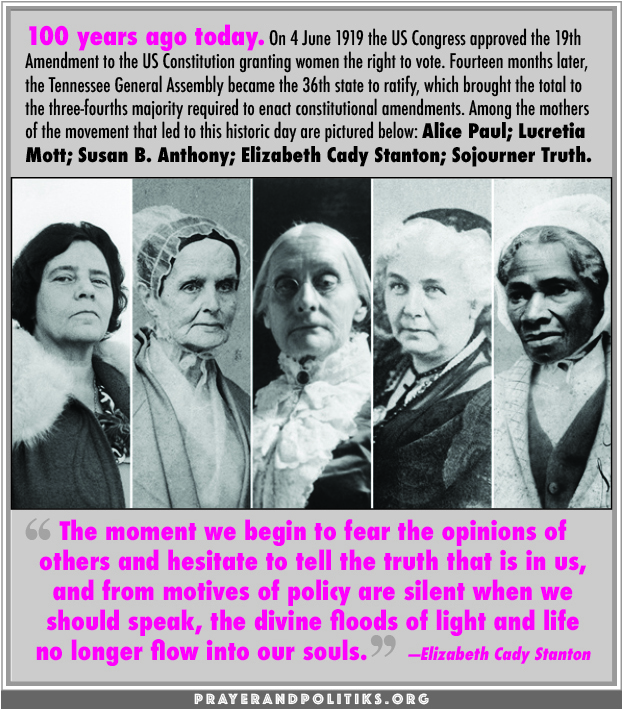 coffee mug and a heated conversation saved me from my self-righteous view of patriarchy,” Baptist News
coffee mug and a heated conversation saved me from my self-righteous view of patriarchy,” Baptist News
• “By autumn, hundreds of women [protesting in 1917 at the White House for the right to vote] had been arrested for obstructing the sidewalk outside the White House. Many of them were sent to prison. Newspapers reported that women were tortured at Occoquan, the Virginia workhouse where several prominent suffragists served time. The idea was “to break us down by inflicting extraordinary humiliation upon us,” Eunice Brannan told The New York Times after her release. . . . Bedding was never washed, and the beans and cornmeal served to prisoners were crawling with maggots. ‘Sometimes the worms float on top of the soup,’ one woman wrote in an affidavit.” —Adrienne LaFrance, “The ‘Undesirable Militants’ Behind the Nineteenth Amendment,” Atlantic
¶ Hymn of intercession. “The singing. / There was so much singing then / And this was my pleasure, too. / We all sang, the boys in the field, / The chapels were full of singing. / Here I lie: / I have had pleasure enough; / I have had singing.” —Birmingham Boys Choir, “I Have Had Singing”
¶ Preach it. “So let us pick up the stones over which we stumble, friends, and build altars. Let us listen to the sound of breath in our bodies. Let us listen to the sounds of our own voices, of our own names, of our own fears. Let’s claw ourselves out from the graves we’ve dug. Let’s lick the earth from our fingers. Let us look up and out and around. The world is big and wide and wild and wonderful and wicked, and our lives are murky, magnificent, malleable, and full of meaning. Oremus. Let us pray.” —Pádraig Ó Tuama
¶ Can’t makes this sh*t up. After President Trump’s royal pageantry in London, he flew to County Clare, Ireland, where he rented four limousines for a further eight mile trip to his golf resort near the village of Doonberg. The cost for that  short drive? Just short of $1 million, or $116,879 per mile.” —Rory Carroll & Severin Carrell, Guardian
short drive? Just short of $1 million, or $116,879 per mile.” —Rory Carroll & Severin Carrell, Guardian
¶ Call to the table. A young child, living with blindness and autism, is out for a stroll on a sunny day. She is drawn to the sound of a busker’s music. This is how we, in our locked-up selves, come to the table and are ushered into the serenity of the Spirit’s serenade.
¶ Best one-liner. "Let your life be a counter-friction to stop the machine." —Henry David Thoreau
¶ For the beauty of the earth. Swimming Spanish Dancer. (Hexabranchus sanguineus. 0:57 video. Thanks David.)
¶“Texas SandFest — the largest Native-Sand Sculpture Competition in the USA — is an internationally recognized 3-day family event that draws sculptors and tens of thousands of visitors from around the world each year to Sunflower Beach Resort in Port Aransas, Texas. “Liberty Crumbling” by Damon Langlois (pictured at right), won first prize. This year’s event raised $355,000 in donations distributed to area nonprofit organizations. To see additional sand sculpt photos see this link. (Photo by Kastle Photography. Thanks Pam.)
¶ Altar call. “Tell me what is it you plan to do / With your one wild and precious life?” —Mary Oliver
¶ Benediction. “The fear-tombed, nay-saying, people-pleasing / prisoner of scarcity, shame and threat— / that one has died. / The stone of Outcomes has been rolled away. / The linen grave-clothes of Consequences / are lying abandoned. . . . / Don't live as if you're afraid to be crucified. / Live as if you're already risen.” —Steve Garnaas Holmes, “Already risen”
¶ Recessional. “Ole Time Religion,” Joe Bonamassa. (Thanks James.)
¶ Lectionary for this Sunday. See “Resources for Pentecost Sunday” below.
¶ Lec tionary for Sunday next. “The voice of Wisdom,” a litany for worship inspired by Proverbs 8.
tionary for Sunday next. “The voice of Wisdom,” a litany for worship inspired by Proverbs 8.
¶ Just for fun. The sand pendulum, from the Science Academy. (Thanks Floyd.)
# # #
Featured this week on prayer&politiks
• “T.S. Eliot’s Pentecostal agenda: Refined by Pentecost’s blaze or consumed war’s conflagration”
Resources for Pentecost Sunday
• “Pentecostal Passion,” a poem
• “Summon your nerve,” a call to the table on Pentecost Sunday
• “All together,” a litany for Pentecost
• “The promise of Pentecost,” a sermon
• “Adelante—Keep Moving Forward,” a litany for worship
• “Worthy,” a litany for worship inspired by Psalm 29 and the Pentecost story in Acts 2
• “Pentecost,” a litany for worship
• “Kindle slavery’s funeral pyre,” a litany for worship inspired by Exodus 13:17-22 & the story of Pentecost in Acts 2
• “Why Psalm 104:35 needs to be included in the reading for Pentecost Sunday (Year A),” brief commentary
• “Day of Pentecost choral reading,” a choral reading script for nine voices
Other features
• “Dad’s ‘Heart Shield’ Bible,” a D-Day r emembrance of my Dad
emembrance of my Dad
©Ken Sehested @ prayerandpolitiks.org. Language not otherwise indicated above is that of the editor, as are those portions cited as “kls.” Don’t let the “copyright” notice keep you from circulating material you find here (and elsewhere in this site). Reprint permission is hereby granted in advance for noncommercial purposes.
Feel free to copy and post any original art on this site. (The ones with “prayerandpolitiks.org” at the bottom.) As well as other information you find helpful.
Your comments are always welcomed. If you have news, views, notes or quotes to add to the list above, please do. If you like what you read, pass this along to your friends. You can reach me directly at kensehested@prayerandpolitiks.org.




 to watch this fascinating and informing travelogue program from
to watch this fascinating and informing travelogue program from  that surrounds me / Defend me and when the call of death arrives / Bid me come to thee.” —Mary Lou Williams, “
that surrounds me / Defend me and when the call of death arrives / Bid me come to thee.” —Mary Lou Williams, “
 coffee mug and a heated conversation saved me from my self-righteous view of patriarchy
coffee mug and a heated conversation saved me from my self-righteous view of patriarchy short drive? Just short of $1 million, or $116,879 per mile.” —
short drive? Just short of $1 million, or $116,879 per mile.” — tionary for Sunday next. “
tionary for Sunday next. “ emembrance of my Dad
emembrance of my Dad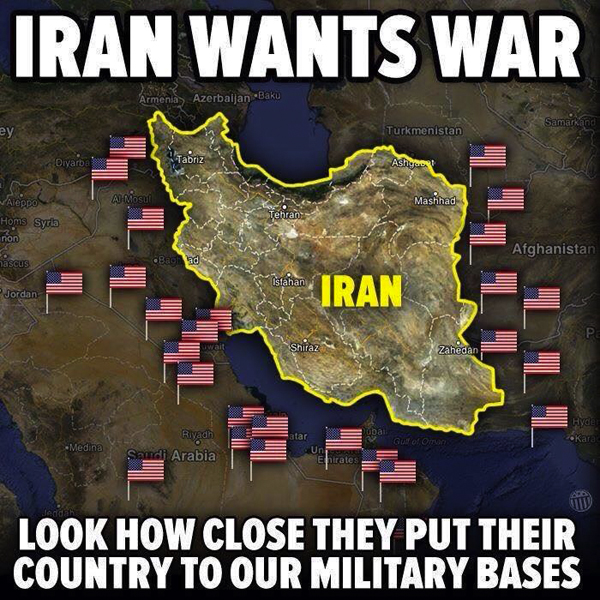 hallenges. It is not inconceivable that, as some are saying, he’s willing to go to war with Iran in order to get reelected.
hallenges. It is not inconceivable that, as some are saying, he’s willing to go to war with Iran in order to get reelected.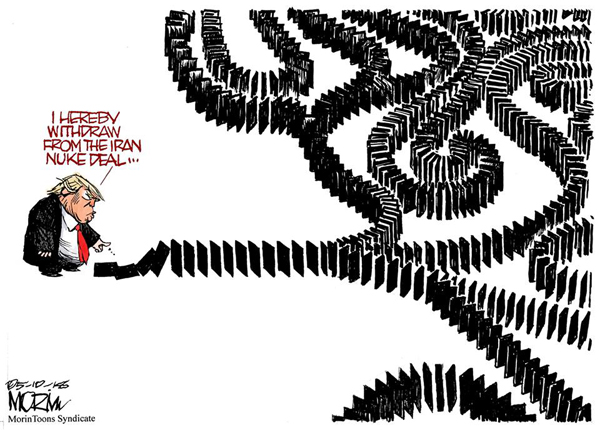 only solution is to change the regime itself.”
only solution is to change the regime itself.”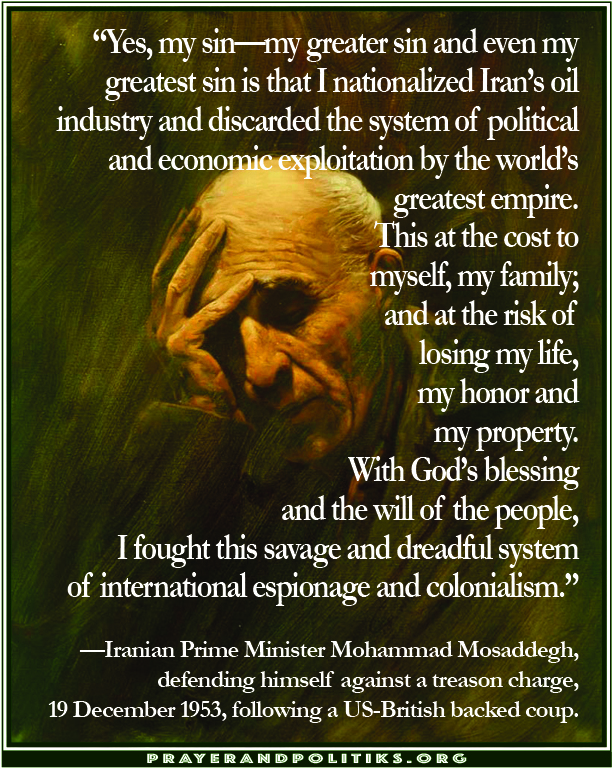 he 1980s Iraq-Iran war the US removed Iraq from its “state sponsors of terrorism” list in order to supply crucial military intelligence to Iraq, as well as components of Iraq’s chemical weapons.
he 1980s Iraq-Iran war the US removed Iraq from its “state sponsors of terrorism” list in order to supply crucial military intelligence to Iraq, as well as components of Iraq’s chemical weapons.

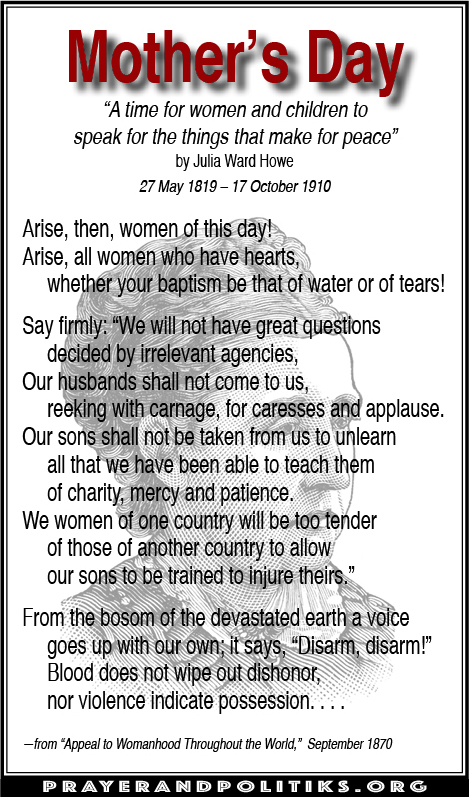 Orchestra Choir Zvjezdice, & Josephine Ida Zec (vocals).
Orchestra Choir Zvjezdice, & Josephine Ida Zec (vocals). shard work. And it can bring pain because it implies loss—loss of the certitudes, comforts, and hurts that shelter and define us.” —Jean Vanier, rest in peace
shard work. And it can bring pain because it implies loss—loss of the certitudes, comforts, and hurts that shelter and define us.” —Jean Vanier, rest in peace culture of welcoming, where tenderness, where touch is important. It’s neither sexualized nor aggressive. It has become human. And I think that this is what people with disabilities are teaching us.” —read more of
culture of welcoming, where tenderness, where touch is important. It’s neither sexualized nor aggressive. It has become human. And I think that this is what people with disabilities are teaching us.” —read more of 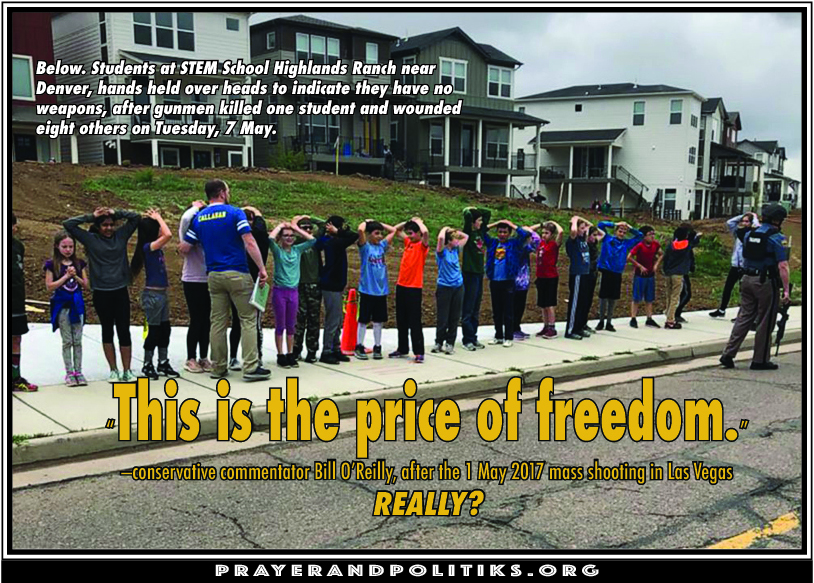
 by a view of the Milky Way as it spins overnight into dawn. —
by a view of the Milky Way as it spins overnight into dawn. —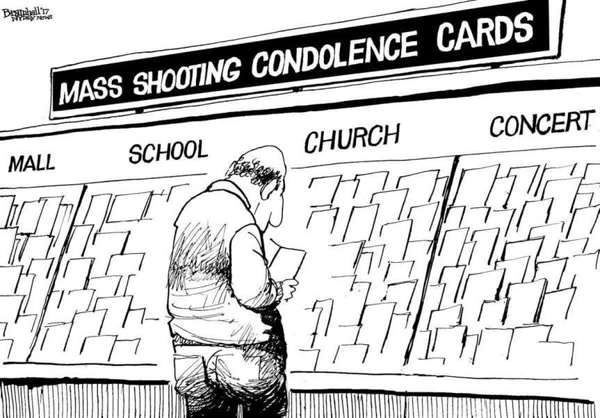 Featured this week on prayer&politiks
Featured this week on prayer&politiks ©Ken Sehested @ prayerandpolitiks.org. Language not otherwise indicated above is that of the editor, as are those portions cited as “kls.” Don’t let the “copyright” notice keep you from circulating material you find here (and elsewhere in this site). Reprint permission is hereby granted in advance for noncommercial purposes.
©Ken Sehested @ prayerandpolitiks.org. Language not otherwise indicated above is that of the editor, as are those portions cited as “kls.” Don’t let the “copyright” notice keep you from circulating material you find here (and elsewhere in this site). Reprint permission is hereby granted in advance for noncommercial purposes. "Rachel Held Evans, a well-known Christian blogger, author, and joyful troublemaker online, died on Saturday [4 May 2019] from massive brain swelling after being hospitalized for an infection, according to her family. She was 37. Evans leaves behind two little kids, a husband, and four books to her name. Her death has been met with an up-swelling of grief and appreciation from loyal readers, famous pastors who sparred with her, and, especially, young people who saw her as a mentor." —continue reading Emma Green, "
"Rachel Held Evans, a well-known Christian blogger, author, and joyful troublemaker online, died on Saturday [4 May 2019] from massive brain swelling after being hospitalized for an infection, according to her family. She was 37. Evans leaves behind two little kids, a husband, and four books to her name. Her death has been met with an up-swelling of grief and appreciation from loyal readers, famous pastors who sparred with her, and, especially, young people who saw her as a mentor." —continue reading Emma Green, "
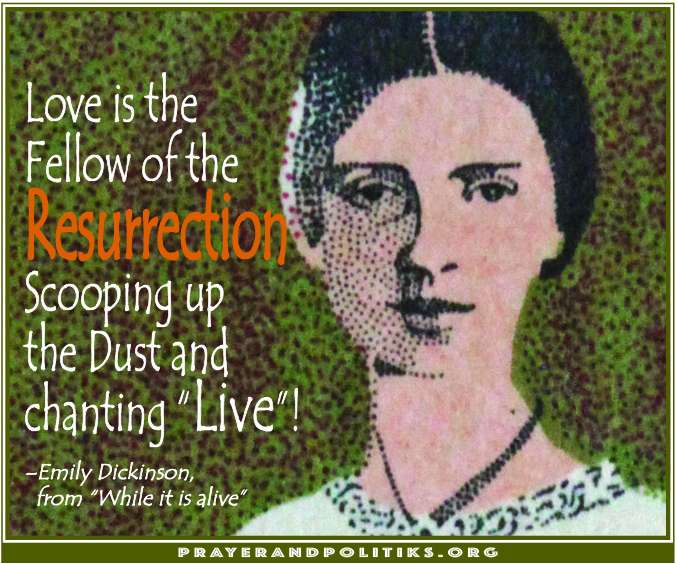 then live / in this enduring season between / Easter, / God’s Resurrection Moment, and / Pentecost, / God’s Resurrection Movement?” —continue reading “
then live / in this enduring season between / Easter, / God’s Resurrection Moment, and / Pentecost, / God’s Resurrection Movement?” —continue reading “ Ched Myers’ book, “
Ched Myers’ book, “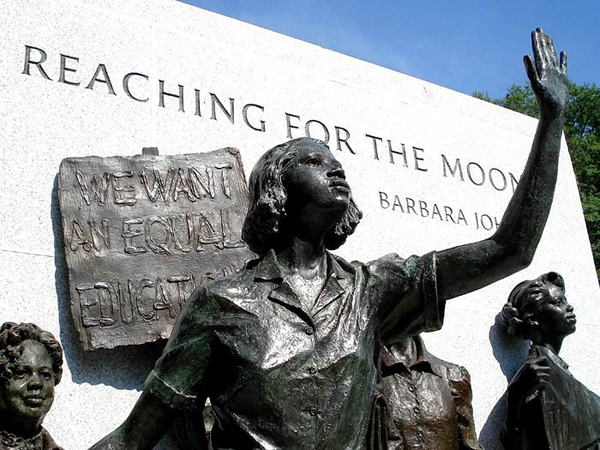 occasion when / creation comes / unbound.” —continue reading “
occasion when / creation comes / unbound.” —continue reading “ sanctuary / crowds encroach on Easter morn. / It’s Easter’s aftermath, / resurrectus contagio, / contagious resurrection / that threatens entombing empires / with breached sovereignty. / The Lamb Slain sings / of tribulation annulled, / of death undone, / of heaven reraveling the / sinews of soil and soul.” —continue reading “
sanctuary / crowds encroach on Easter morn. / It’s Easter’s aftermath, / resurrectus contagio, / contagious resurrection / that threatens entombing empires / with breached sovereignty. / The Lamb Slain sings / of tribulation annulled, / of death undone, / of heaven reraveling the / sinews of soil and soul.” —continue reading “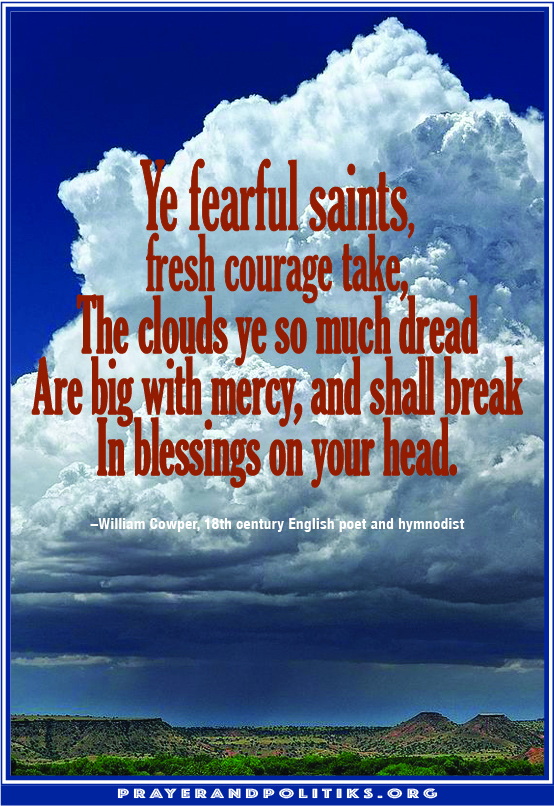 miracles . . . to expect to be astonished. . . . And this is grounds to act. I believe in hope as an act of defiance. . . . There is no alternative, except surrender. And surrender not only abandons the future, it abandons the soul.” —Rebecca Solnit, excerpted from “Hope in the Dark: Untold Histories, Wild Possibilities"
miracles . . . to expect to be astonished. . . . And this is grounds to act. I believe in hope as an act of defiance. . . . There is no alternative, except surrender. And surrender not only abandons the future, it abandons the soul.” —Rebecca Solnit, excerpted from “Hope in the Dark: Untold Histories, Wild Possibilities" from soil, the wrenching of hearts from habitation—all representing the abdication of the realm of earth from the rule of Heaven. It is the great anthropomorphic heresy: that redemption is for humans alone, and then only for some ethereal essence: no bodies, no biology, no hills or dales, neither minnows nor whales.” —continue reading “
from soil, the wrenching of hearts from habitation—all representing the abdication of the realm of earth from the rule of Heaven. It is the great anthropomorphic heresy: that redemption is for humans alone, and then only for some ethereal essence: no bodies, no biology, no hills or dales, neither minnows nor whales.” —continue reading “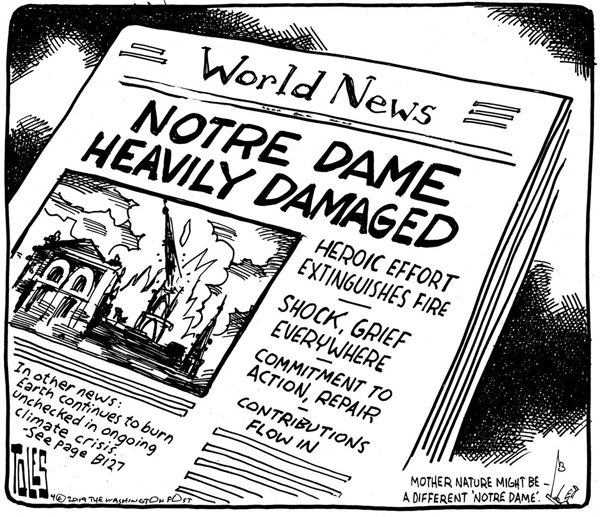 • “
• “